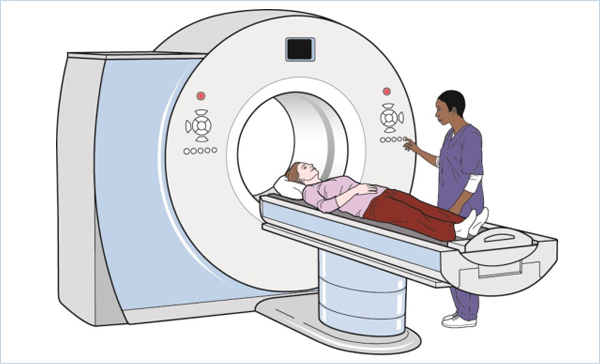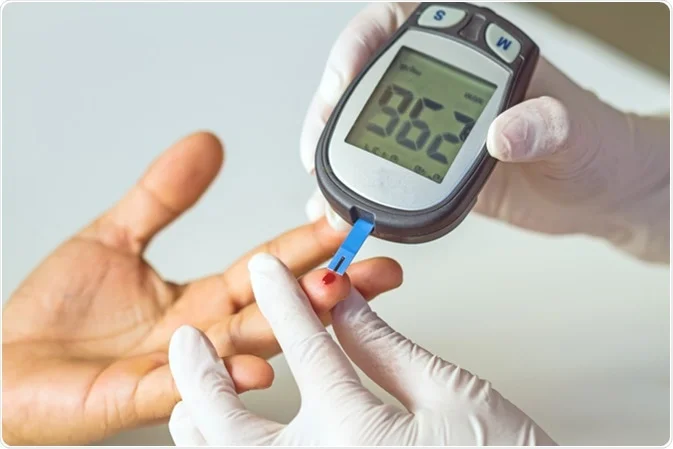 Saral Diagnostics
·
27 Mar, 2025
·
Blog
Saral Diagnostics
·
27 Mar, 2025
·
Blog
Types of CT Scans
CT scans are performed in two ways:
- Non-contrast CT – No fasting required.
- Contrast-Enhanced CT – Requires fasting for approximately 3-6 hours before the scan.
Contrast Administration Methods
Contrast can be administered through:
- Intravenous (IV) Injection
- Oral solution (to be consumed)
- Rectal contrast (in some cases)
- More than one method may be used if required.
Precautions for Certain Patients
- Patients with borderline or high kidney function test (KFT) values (urea/creatinine) may need alternative contrast or may avoid contrast altogether.
- Elderly, diabetic, hypertensive, or kidney disorder patients should bring their latest urea/creatinine reports before undergoing a contrast-enhanced CT scan.
Possible Side Effects of Contrast
- Before contrast is administered, a small test dose is injected to check for reactions.
- Oral contrast may cause nausea and vomiting.
- IV contrast may cause:
- A temporary warm sensation or slight uneasiness.
- Mild to moderate allergic reactions (rash, itching, or other symptoms).
- Inform the technician if you experience persistent discomfort.
Procedure Details
- CT Abdomen Contrast: Given orally, intravenously, or rectally.
- Scan Duration: Depends on the study type, but most scans take only a few minutes.
- During scanning, you may hear machine noises – this is normal.
- Our technician/doctor monitors the scan for safety and quality.
- Emergency Cases: Patients with prior appointments may have to wait in case of medical emergencies.
Patient Instructions
- Do not move during the scan – you may be asked to hold your breath for a few seconds.
- The scan may be extended to capture delayed images if required.
- A two-way speaker system allows communication with the technician for patient comfort.
- Turn off mobile phones before entering the CT room.
- The center is not responsible for loss or damage of valuables (cash, jewelry, mobile phones, etc.).
- Pregnant women or those who suspect pregnancy should inform the physician before the scan.
- A lead apron is provided for shielding body parts; attendants must wear one for protection.







